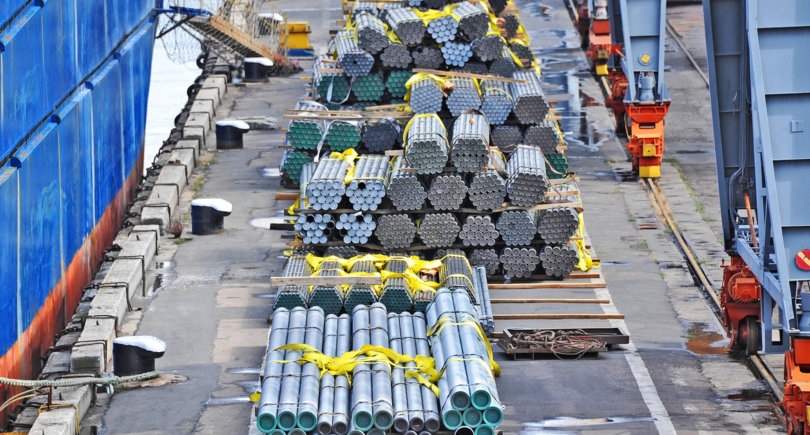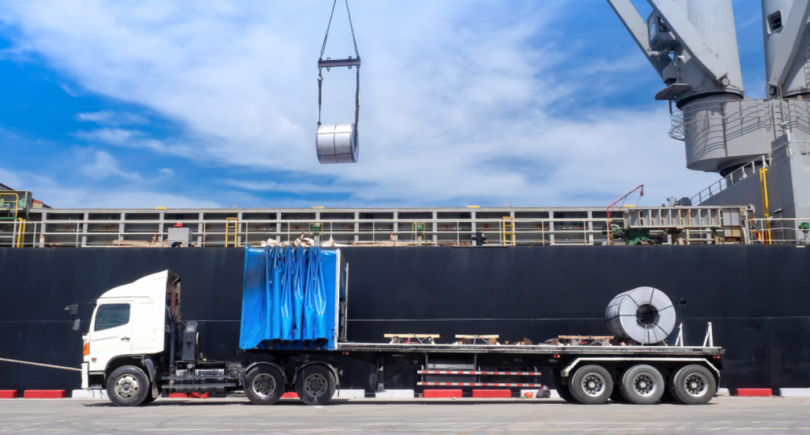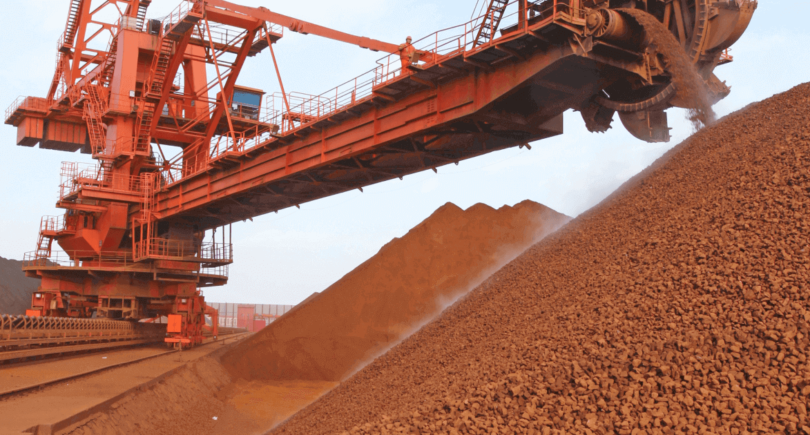
News Global Market CBAM 2170 04 April 2025
The EBA notes the need to include TARIC key codes in the mechanism
Eurometal, the association representing European distributors of steel, pipes and steel products, has discussed several important aspects faced by steel importers and declarants in implementing the current rules of the Carbon Border Carbon Adjustment Mechanism (CBAM) during a regular meeting with the European Commission’s Taxation Department (DG TAXUD).
The main concerns include the practicality of the procedures, the impact on contractual obligations and supply chains. In addition, Eurometal noted the urgent need to include key TARIC (integrated tariff rate system) codes for steel products in the mechanism. The association believes that the exclusion of these codes could lead to carbon leakage and further undermine the competitiveness of European production.
The EC confirmed that technical adjustments to the CBAM regulation are still ongoing, and updates are expected by the end of 2025.
At the same time, at a meeting with the European Commission’s Trade Department (DG TRADE), Eurometal expressed concern about the growing threat posed by imports of finished steel products, which are increasingly replacing goods produced in the EU. This trend is having a devastating impact on the entire European steel value chain, affecting distribution, logistics and processing, the association said.
One of the steps in the Steel and Metals Action Plan presented by the EC on March 19 is to prevent carbon leakage. In particular, the EC intends to present a vision of how to solve the problem of carbon leakage for CBAM products exported from the bloc to third countries in the second quarter. In addition, the Commission will review the mechanism and come up with a first legislative proposal by the end of 2025 that will extend its scope to certain steel and aluminum derivatives and include additional anti-circumvention measures.
As GMK Center reported earlier, Italy, France and Slovakia are demanding that the EU make changes to the cross-border carbon adjustment mechanism this year to simplify the rules for companies subject to it. The three countries are calling on Brussels to further simplify the administrative policy rules. This could include allowing the use of standardized emissions calculations for products, which could ease the reporting burden.




